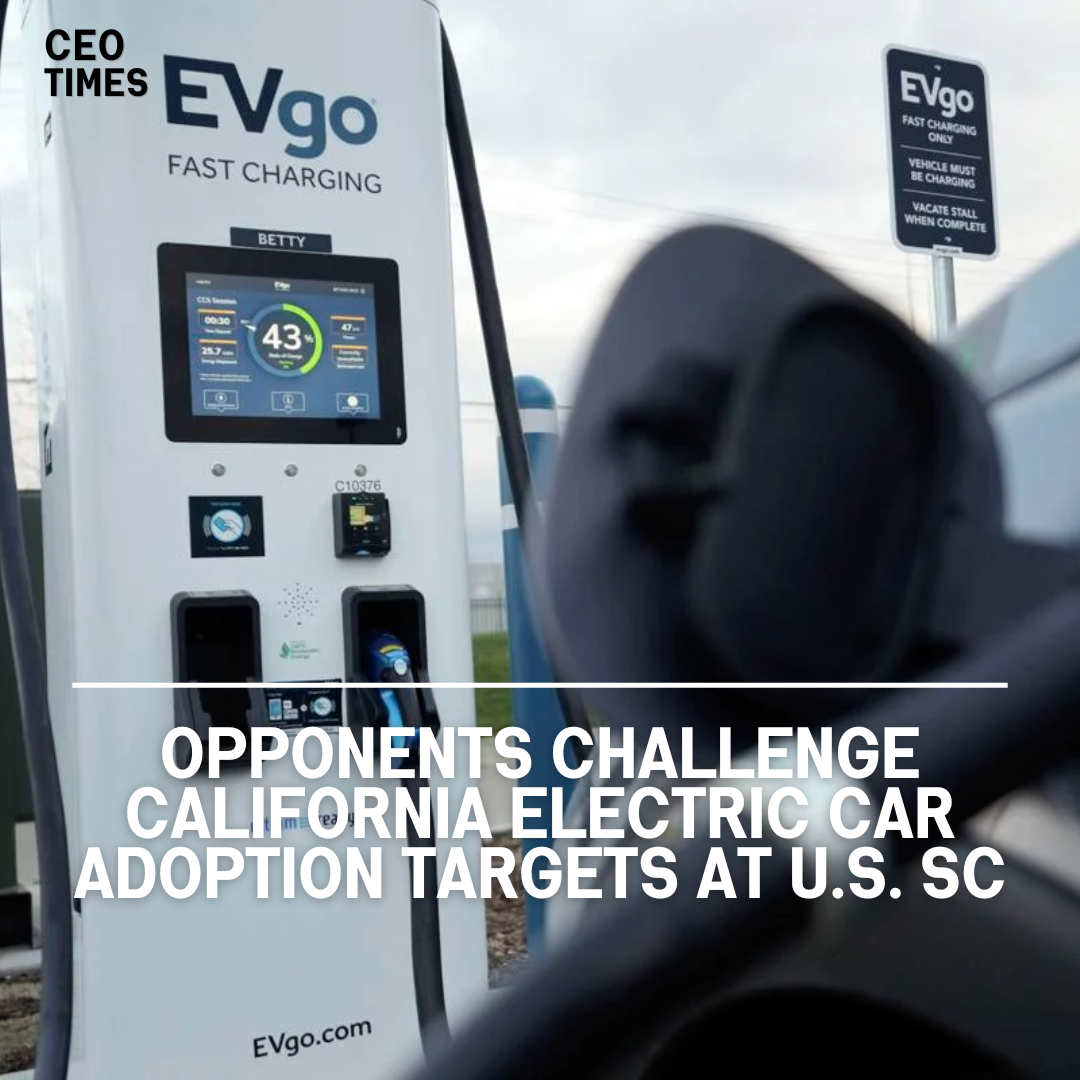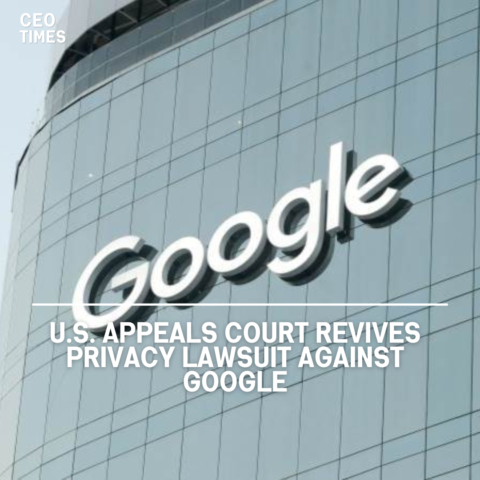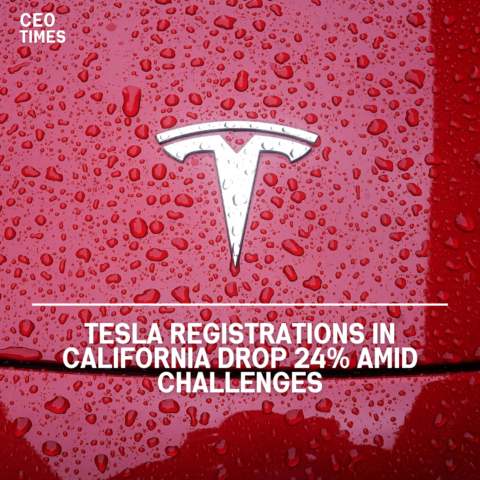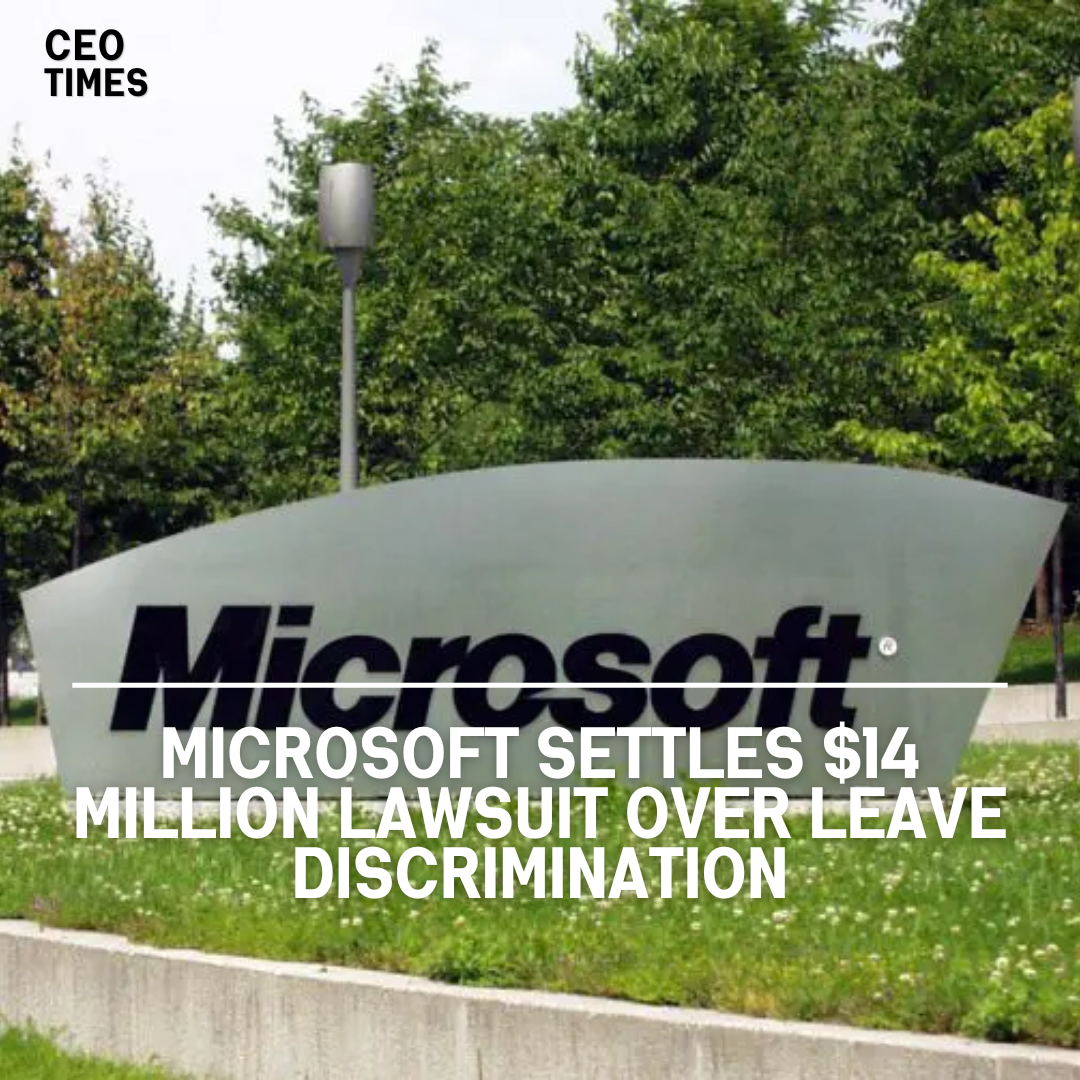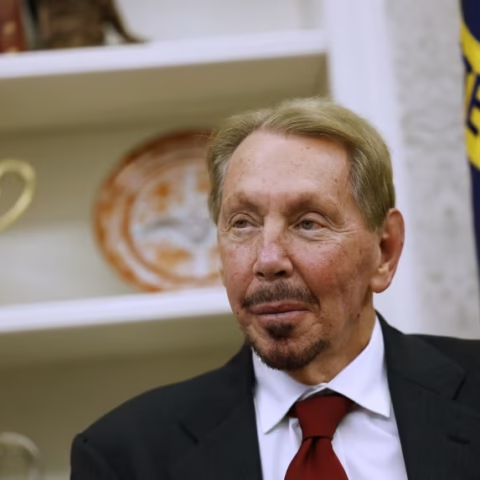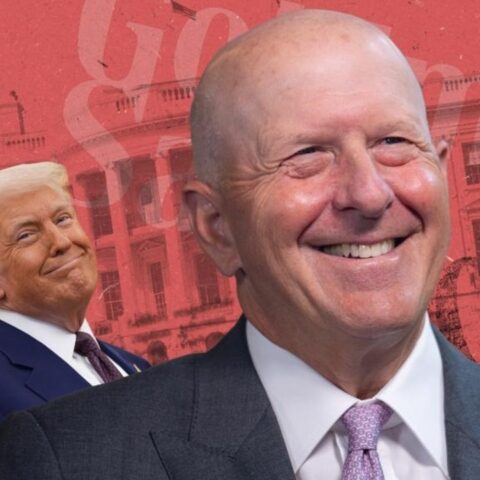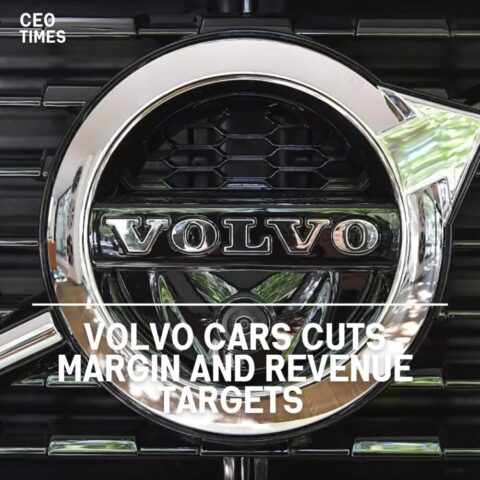Opponents of California’s stringent electric car adoption targets have taken their case to the U.S. Supreme Court, aiming to challenge the state’s efforts to lower greenhouse gas emissions.
The coalition of energy companies, corn growers, and industry associations has long opposed California’s robust environmental regulations.
California’s Unique Position:
California remains the only state authorized to request a waiver from the Environmental Protection Agency (EPA) to implement its own stricter vehicle emissions standards, an exception granted due to its unique geography and severe smog problems.
Other states can adopt California’s regulations, prompting automakers to comply broadly to avoid producing different vehicles for different states.
The Legal Challenge:
Valero Energy Corp’s Diamond Alternative Energy and other plaintiffs requested a hearing on Tuesday. They argue that the EPA’s waiver for California’s Advanced Clean Car program, covering model years 2015 through 2025, allows California to act as a “quasi-federal regulator on global climate change.”
This legal challenge references the Supreme Court’s 2022 decision in West Virginia v. EPA, which invoked the “major questions” doctrine. This doctrine requires explicit congressional authorization for regulators to take significant actions affecting the economy, politics, and society.
California’s Climate Leadership:
California Governor Gavin Newsom has positioned the state as a leader in combating climate change, targeting transportation, which accounts for approximately 25% of emissions. The governor’s office has not yet commented on the recent legal developments.
The request for Supreme Court review comes amid other lawsuits by oil companies, farming groups producing ethanol, trucking firms, and business associations, aiming to halt California’s regulations to reduce greenhouse gas emissions from various types of trucks.
Legal Arguments Against California:
The plaintiffs argue that the Clean Air Act, which the EPA uses to set tailpipe emissions rules, does not explicitly address vehicle greenhouse gas emissions.
They also contend that California does not meet the legal threshold for “compelling and extraordinary” conditions needed to justify a waiver, asserting that climate change is a global issue, not unique to California.
National Implications:
Whether California can set its own greenhouse gas emissions standards has broad implications, especially since the state has requested an EPA waiver to end sales of gasoline-only vehicles by 2035.
Plaintiffs argue that such regulations would significantly impact demand for petroleum fuels and biofuels, highlighting the national economic and regulatory ramifications.
The coalition challenging California’s regulations includes:
- Valero Energy Corp’s Diamond Alternative Energy
- American Fuel & Petrochemical Manufacturers
- Kansas Corn Growers Association
- National Association of Convenience Stores
These groups are united in opposing what they see as overreach in California’s environmental regulations and its impact on various industries.









